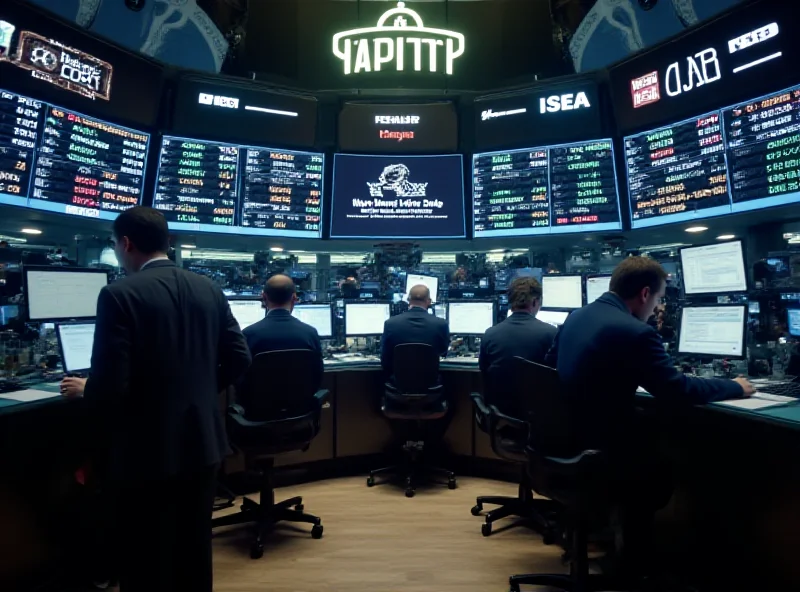Donald Trump's policies continue to resonate in the global economy, years after his presidency. Recent market activity suggests that his decisions on tariffs and immigration are still impacting industries ranging from real estate to manufacturing.
Housing Market Heat
One notable area of impact is the U.S. housing market. A "gold card" visa program, requiring a $5 million investment for a visa, could potentially exacerbate the already high prices in the ultra-high-end real estate sector. An economist from the National Association of Realtors has expressed concerns that this influx of high-investment immigrants may further inflate housing costs. The sheer demand created by these individuals seeking luxury properties could drive up prices and limit availability for other buyers.

This policy, intended to attract investment, could inadvertently create affordability issues for a broader segment of the population.
Tariffs Take Their Toll
Beyond real estate, Trump's tariff policies are also having a ripple effect. The Brazilian market, for instance, is experiencing fluctuations in the dollar and Ibovespa index due to uncertainties stemming from these tariffs. Investors remain wary of the potential impact on global trade and economic stability.
The manufacturing sector is also feeling the pinch. Appliance maker Whirlpool, for example, has seen its stock price tumble due to rising costs associated with steel tariffs and increased expenses for imported parts. Shares sank by approximately 9% recently. This situation highlights how tariffs can negatively impact companies that rely on imported materials and components.
"Companies can be impacted in different ways by tariffs... Appliance maker Whirlpool may be one company that will be negatively impacted from both sides."

Wall Street Reacts
The broader market has also responded to Trump's tariff announcements. The New York Stock Exchange experienced a significant drop following the confirmation of tariffs on steel and aluminum, signaling investor unease about the ongoing trade war. While some domestic manufacturers, such as steelmakers, may benefit from rising commodity prices, the overall impact on the economy remains a concern.

The interplay between these policies – the "gold card" visa program and the imposition of tariffs – demonstrates the complex and far-reaching consequences of economic policy decisions. Whether the long-term effects will be beneficial or detrimental remains to be seen, but the immediate impact on certain sectors is undeniable.
It is a case of how policies of the past continue to shape the present.
